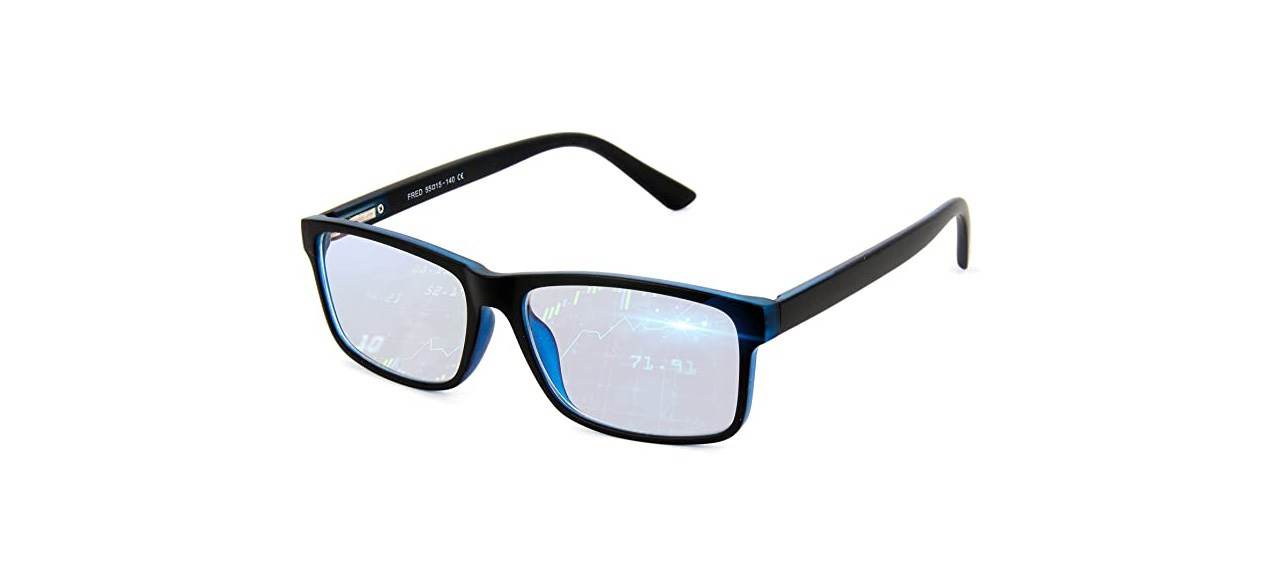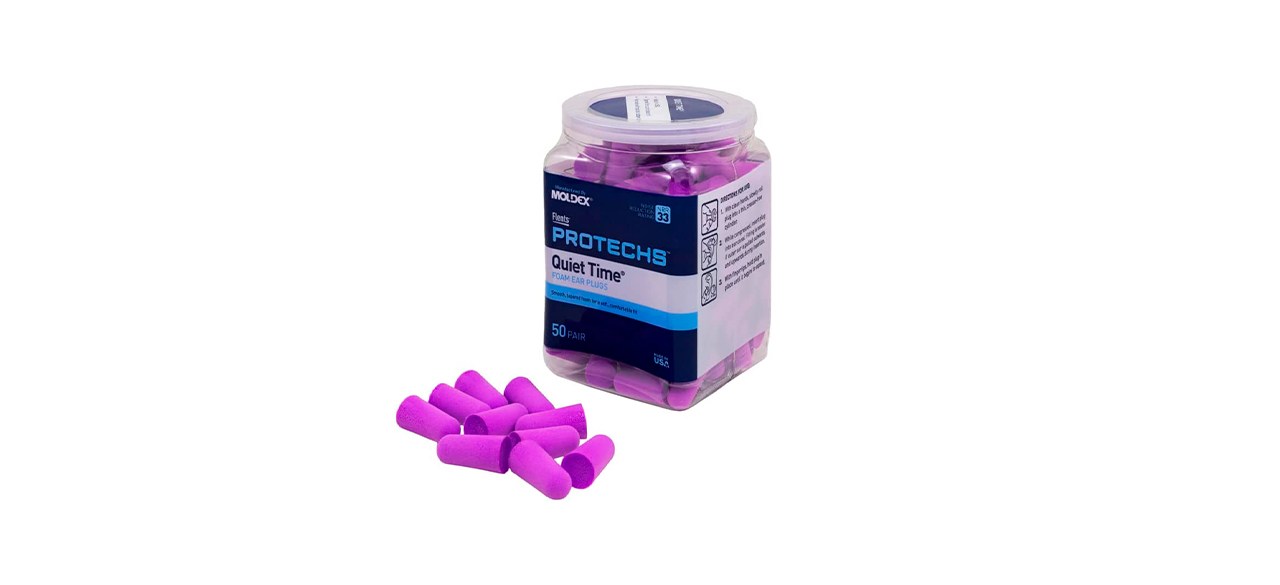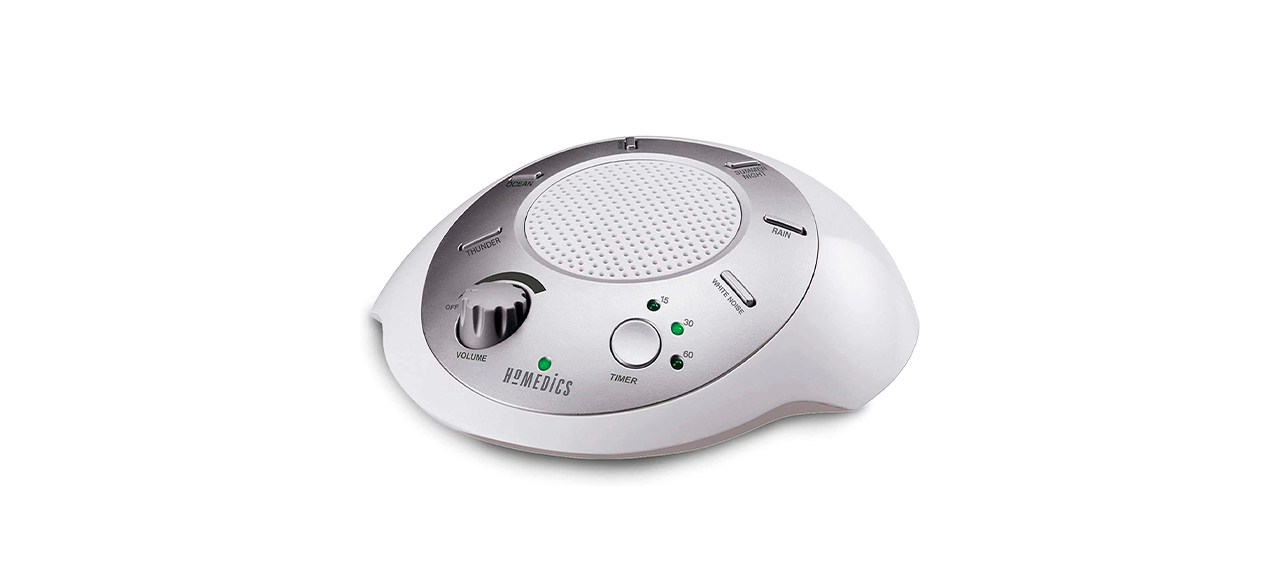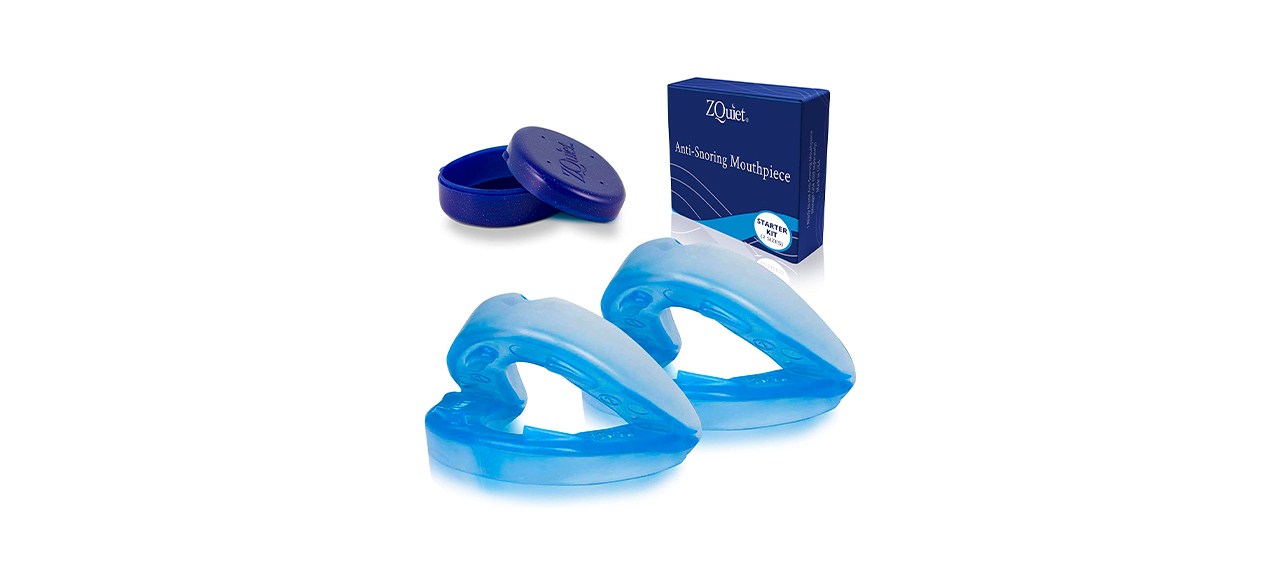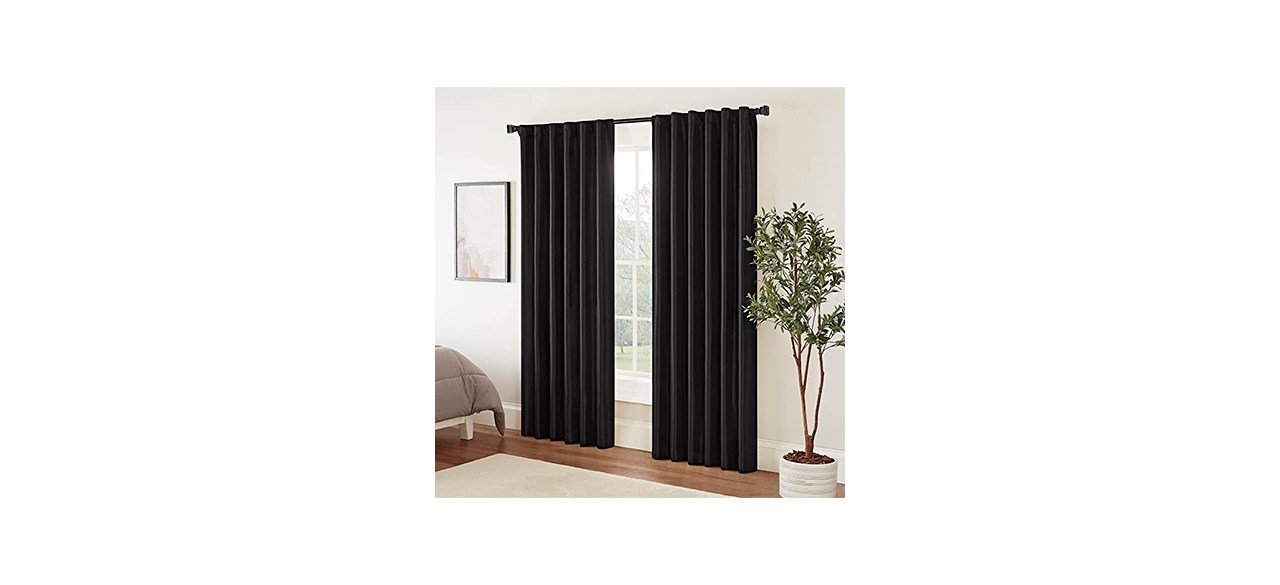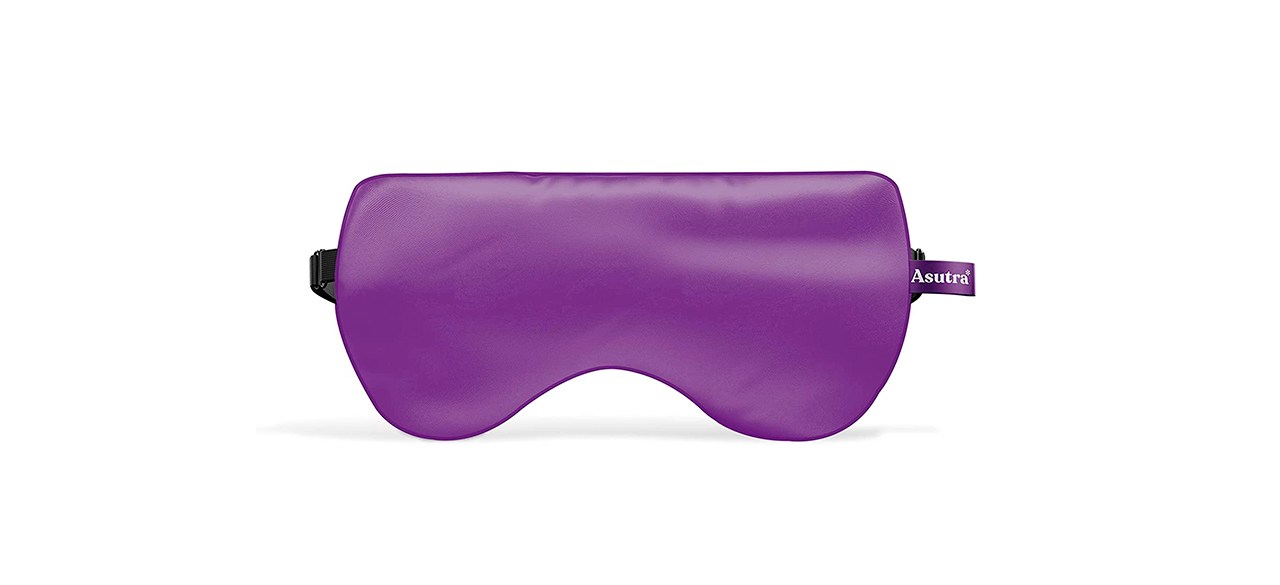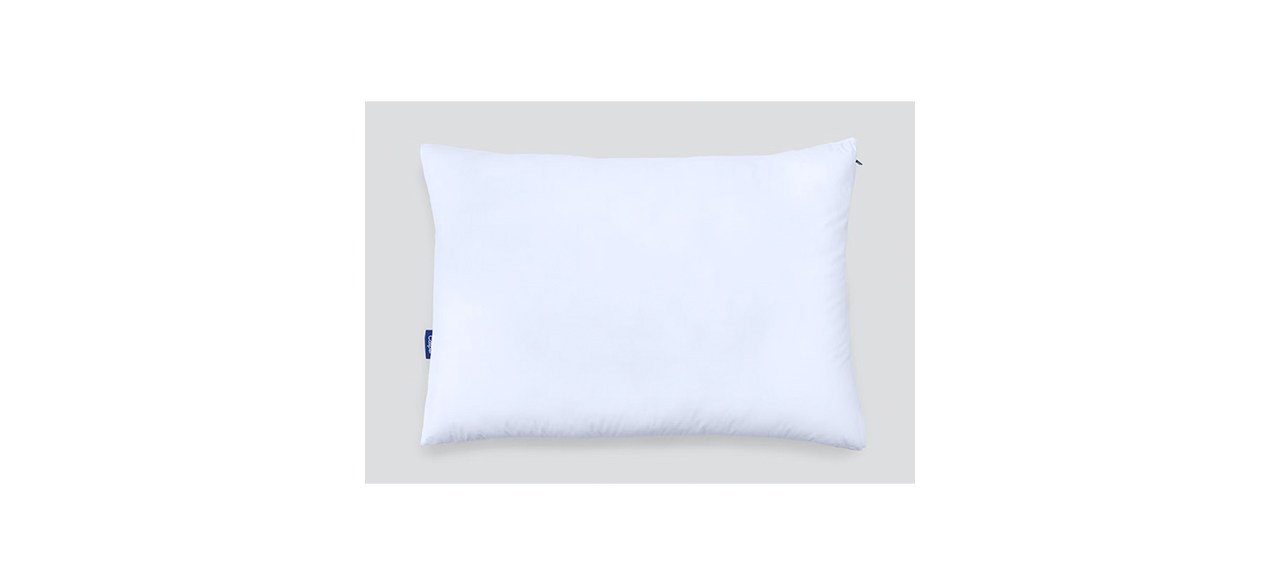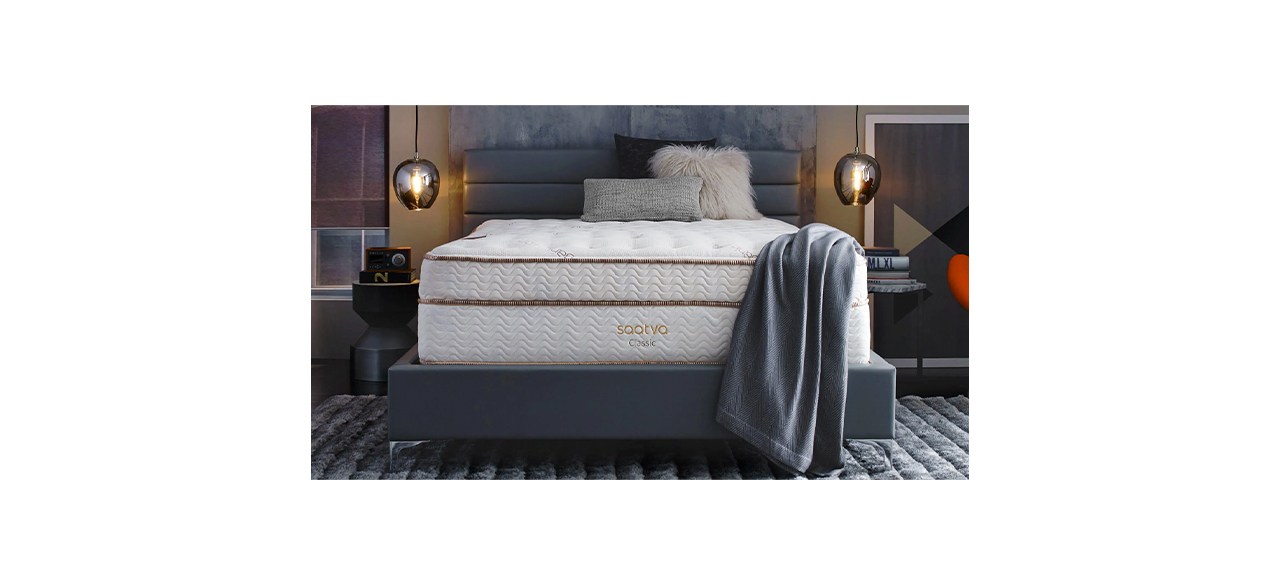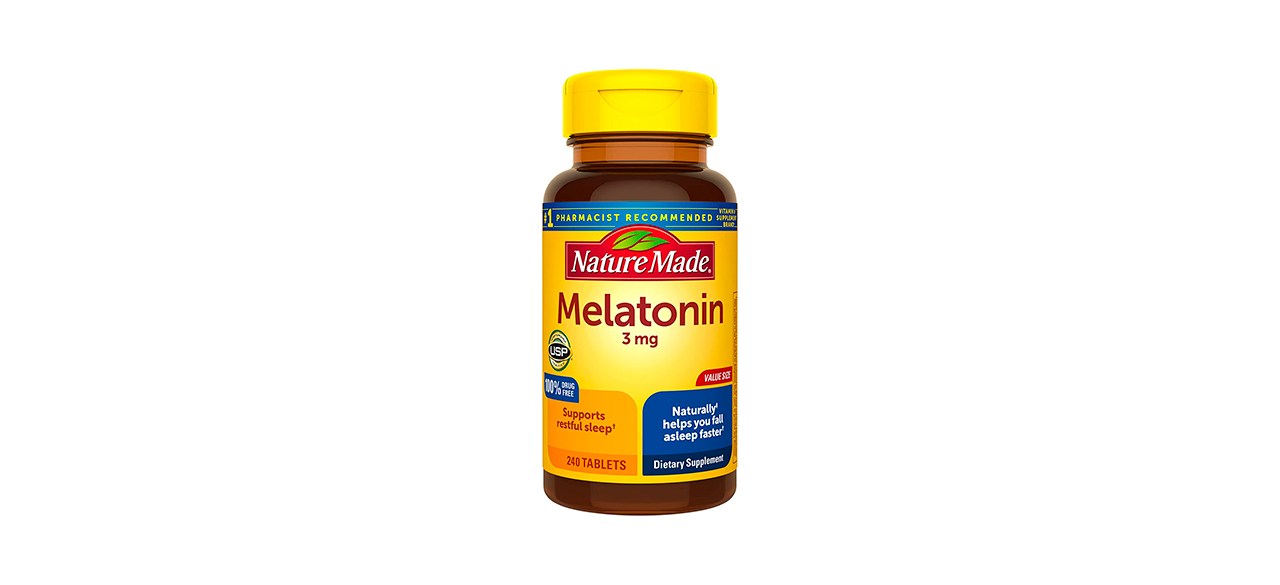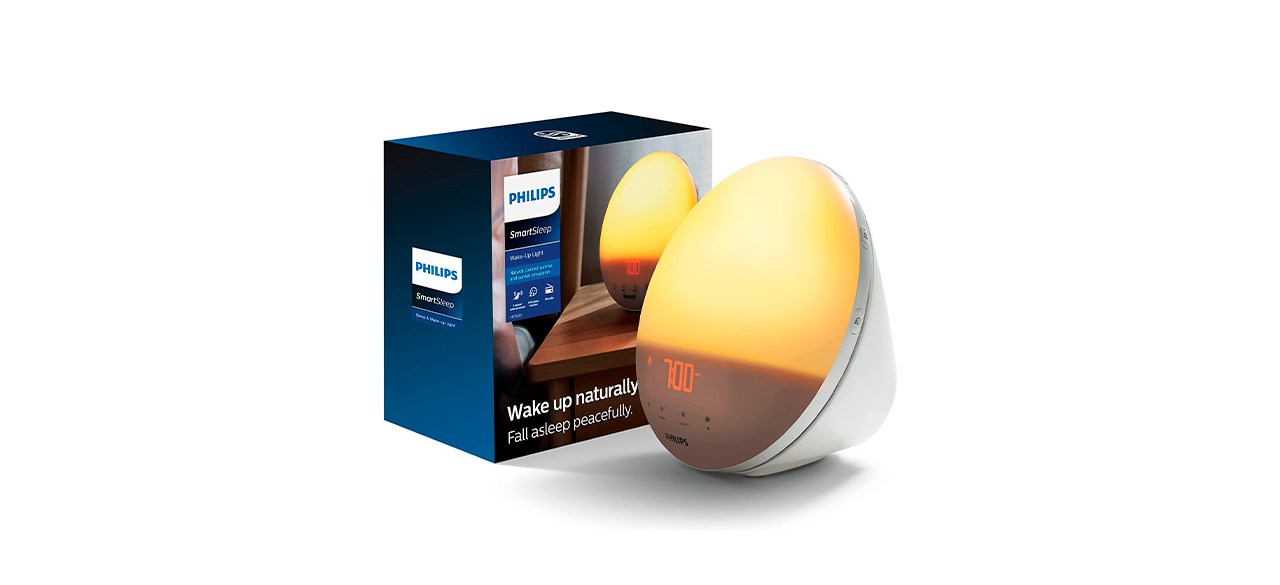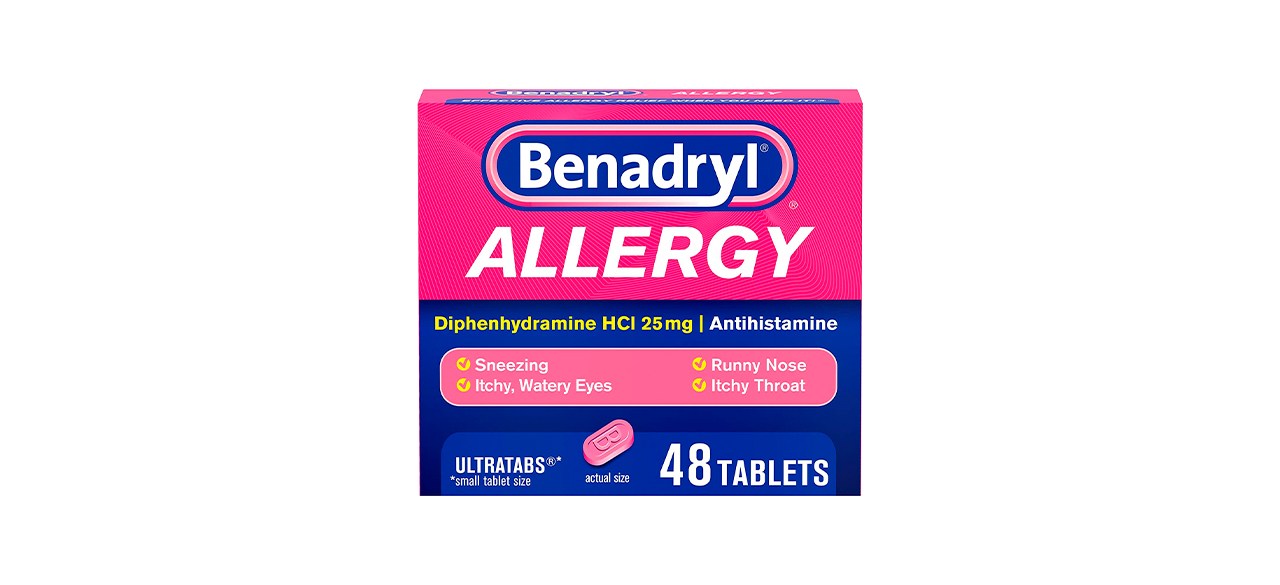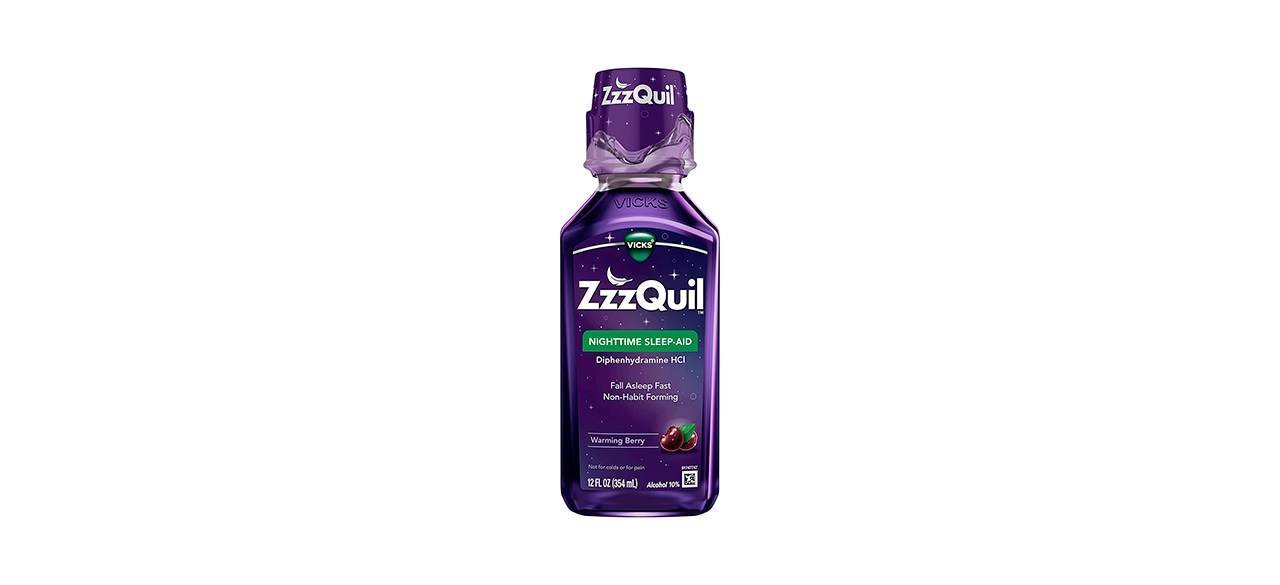What you need to get a good night’s sleep
Getting seven to eight hours of uninterrupted sleep each night is one of the best things you can do for your body. Unfortunately, because of work, stress or other factors, a lot of us don’t get that, and our overall health is affected.
While it is possible to scour the internet for sleeping tips, we thought it would be best to talk directly to an expert. We asked Dr. Michael Huynh, M.D., what tools were available to help the average person get the proper amount of sleep needed to live a healthy life.
What is sleep?
We are diurnal animals. That means we are active during the day. According to Dr. Huynh, low-light conditions trigger the production of a hormone called melatonin. This is what makes us sleepy at night. Before electricity and light bulbs, people naturally fell asleep when it got dark. When the sun came out, it would trigger the body to decrease melatonin levels, so we could naturally wake up.
While you are sleeping, Dr. Huynh explained that it’s not a constant state. You go through four to six cycles of non-rapid eye movement sleep and rapid eye movement sleep. During NREM, the body is not in a deep sleep. You tend to move around to prevent bedsores. Staying in one position for too long puts pressure on one area of the skin, which can break and become infected. In REM sleep, the body is paralyzed, in a sense, and you are dreaming. REM sleep is the deepest sleep. It is when you get the most rest and your brain recovers from the previous day.
While doctors still aren’t 100% sure why we need sleep, one prevailing theory is that we sleep to help clear the brain of debris and plaque that build up while awake. It is currently believed that poor sleep contributes to high levels of beta-amyloid protein in the brain, which can cause the formation of amyloid plaques associated with Alzheimer’s disease.
What causes poor sleep?
Lack of sleep can be brought about by anxiety, depression and other medical issues. However, Dr. Huynh said that prescription medicines are used to help people get better sleep in those situations, so they are beyond the scope of this article. The focus is on factors that the individual can control with behavior or other types of sleep aids.
For example, anything that disrupts the natural sleep cycle can contribute to poor sleep. This includes being on a computer, looking at your phone or watching the TV at night. Poor sleep can also result from the type of work you do, taking long naps during the day, the type of lifestyle you lead or the environment in which you live.
What can help you get a good night’s sleep?
Blue-light-blocking glasses
“There are not too many well-studied devices when it comes to what can improve sleep or sleep hygiene,” Dr. Huynh stated. “But one of the big topics is a blue-light filter, either one that is built into your device or a pair of glasses that filter out blue light.” When you use a device, such as a phone, a computer or a TV, at night, the blue light that comes from this device can keep you awake. “There is no harm in activating a blue light filter on your phone or on your screen or wearing glasses because some studies show it can help with reducing being awake for a long time.”
Earplugs and white noise machines
If a noisy environment keeps you from sleeping, the doctor suggested using a white noise machine to help filter out sounds that disrupt your sleep. He also recommended trying earplugs, but only if they cause no discomfort.
A mouthguard
If you or your partner snores, that can wake you up abruptly and disrupt your sleep, so you never reach that deep state of rest. Dr. Huynh said one of the best devices to reduce or eliminate snoring is an over-the-counter mouthguard that molds to the shape of your jaw and teeth.
“Usually, you put the mouthguard in warm water and bite into it,” he explained. “Let it cool down and harden so it can conform to the shape of your jaw and your mouth. If you are not comfortable doing that, there is a mandibular advancement device, which is a little bit more extreme than a plastic mouthguard. The mandibular advancement device pulls your lower jaw a little bit forward to open up your airway. This helps reduce snoring at night.”
Blackout curtains and sleep masks
If you are in an area with prolonged sunlight, Dr. Huynh recommended using blackout curtains or a sleep mask. “Both of these block light to help with better sleep hygiene,” he said.
Better pillow and mattress
If your pillow holds your head up too high or lets it sink too low, it can create discomfort that decreases your ability to have a restful night’s sleep because you toss and turn. The same with your mattress. Unfortunately, not one option is best for everyone, so the doctor admitted that finding the right option might take a little trial and error.
Sunrise alarm clocks
While a sunrise alarm clock isn’t an obvious answer to getting a more restful night’s sleep, Dr. Huynh pointed out that you could use it in the morning to wake you up gently. The trick is to use it consistently to reset when you wake up. He believes this could eventually readjust your sleeping pattern and your circadian rhythm, allowing you to train yourself to sleep for seven to eight hours each night.
Supplements
For his experience of working in a hospital where sleep is constantly disrupted, Dr. Huynh would only recommend one supplement: melatonin. While he said that 3 milligrams is usually enough, in some cases, Dr. Huynh may prescribe up to 6 mg.
“Melatonin is a very safe over-the-counter supplement to take,” he said. “It just increases the melatonin amount in your body and tells your body, ‘Hey, it’s time to go to sleep.’”
He cautioned about taking other supplements, mostly because the Federal Drug Administration does not regulate supplements. “That’s how they get around selling them to people without a prescription. They’re not really tested.” And some, such as kava and valerian, can cause liver failure in some cases.
OTC medications
While Dr. Huynh said two other effective over-the-counter sleep aids were NyQuil and Benadryl, he cautioned not to take either in excess or for a prolonged amount of time. “These medicines have an anticholinergic effect — you can get delirious or have difficulty with urination and severe dryness,” he noted.
Products that can help you get a better night’s sleep
Blue Cut Blue-Light-Blocking Glasses
If you just want a pair of anti-fatigue, nonprescription blue-light-filtering glasses, this pair from Blue Cut is a solid option. Available with or without magnification power. A viable choice if you work on the computer or enjoy gaming. Sold by Amazon
For people with trouble sleeping, these comfortable-fit earplugs can be a godsend. They are latex-free, have a 33-decibel noise reduction rate, and come in a large container that holds 50 pairs. Sold by Amazon
HoMedics White Noise Sound Machine
If you need a little background noise to sleep, this model offers six options: white noise, thunder, ocean, rain, summer night and brook. The autotimer will play sounds for 15, 30 or 60 minutes. Sold by Amazon
ZQuiet Anti-Snoring Mouthpiece
If you or your partner snores, it can be impossible to get a restful night’s sleep. There are two models, one that moves your jaw forward 2 millimeters and one that moves your jaw forward 6 mm to keep your airway open while you sleep. Sold by Amazon
Eclipse Fresno Modern Blackout Curtains
These premium-quality blackout curtains block out between 98% to 99.9% of sunlight. They can also help reduce unwanted noise and cut down on your energy bills. Sold by Amazon
Asutra Silk Eye Pillow for Sleep
This soothing eye pillow is made of 100% silk for comfort. It is filled with lavender and flax seeds and comes with a gel mask for additional comfort. Sold by Amazon
The original Casper pillow is breathable, so it helps keep you cool while sleeping. It provides both support and comfort to help ensure better neck alignment. The pillow is resistant to clumping. Sold by Casper and Amazon
This luxurious mattress is supportive and breathable. It is designed to deliver proper spine alignment, no matter how you sleep and comes with a 365-night home trial. Sold by Saatva
Melatonin helps you fall asleep naturally by increasing the level of melatonin in your system. This 240-count jar contains 3 mg tablets. Sold by Amazon and iHerb
Philips SmartSleep Wake-Up Light
By using the Philips SmartSleep Wake-Up light, you can help put your body on a better sleep cycle. It has 10 brightness settings, five different natural wake-up sounds and a dimmable display. Sold by Amazon
Benadryl Ultratabs Antihistamine Allergy Medicine
While the primary purpose of Benadryl is to reduce allergy symptoms, it also functions well as a sleep aid. Talk to your doctor before using this OTC medicine for the first time. Sold by Amazon
ZzzQuil is the non-habit-forming sleep aid that can help you fall asleep in less than 20 minutes. It keeps you sleeping throughout the night, giving you seven to eight hours of uninterrupted rest. Sold by Amazon
Want to shop the best products at the best prices? Check out Daily Deals from BestReviews.
Sign up here to receive the BestReviews weekly newsletter for useful advice on new products and noteworthy deals.
Allen Foster writes for BestReviews. BestReviews has helped millions of consumers simplify their purchasing decisions, saving them time and money.
Copyright 2022 BestReviews, a Nexstar company. All rights reserved.

